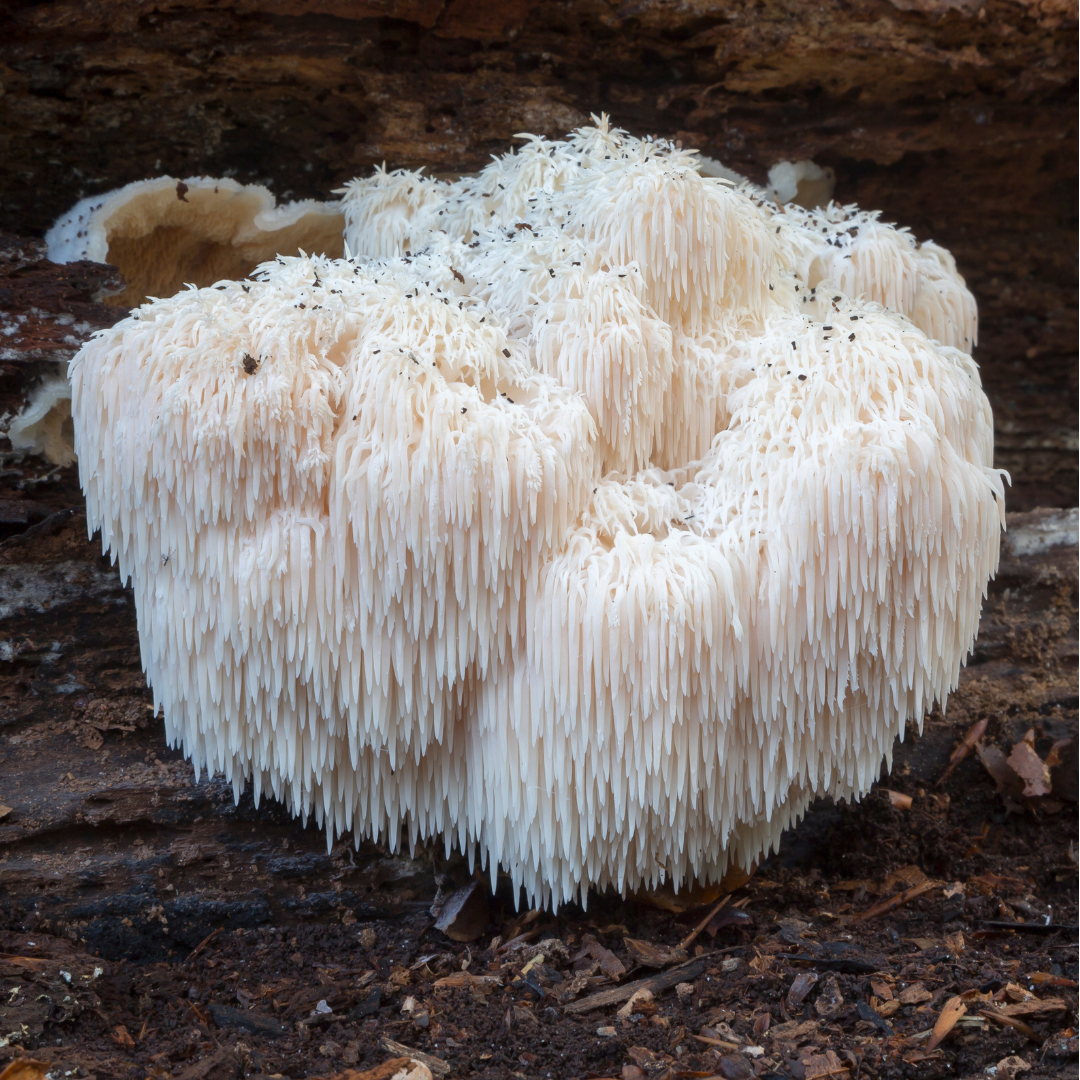
Read time: 2 min
Matthew Walker, the renowned sleep scientist and author of "Why We Sleep," has provided significant insights into the impact of caffeine on sleep through his research and findings. Here's an in-depth look at what he has to say:
Caffeine and Its Half-Life:
One of the key points Walker emphasizes is the concept of caffeine's half-life. Caffeine is a powerful stimulant found in coffee, tea, energy drinks, and various other beverages and foods. Its half-life, the time it takes for half of the caffeine to be metabolized and eliminated from the body, varies from person to person but typically ranges from 3 to 7 hours.
Delayed Sleep Onset:
Walker's research has shown that consuming caffeine, especially in the afternoon or evening, can significantly delay the onset of sleep. Even a single cup of coffee or a caffeine-containing snack in the late afternoon can disrupt your body's natural circadian rhythm and make it more challenging to fall asleep at night.
Reduced Sleep Quality:
While caffeine may help you stay awake during the day, it also has a negative impact on sleep quality. Walker's studies indicate that caffeine disrupts the various stages of sleep, particularly the deep, restorative stages like slow-wave sleep (SWS). This can lead to a less restful night's sleep, even if you manage to fall asleep after consuming caffeine.
Increased Nighttime Awakenings:
One significant finding from Walker's research is that caffeine can lead to increased nighttime awakenings. Even if you don't wake up fully, your sleep can become fragmented, preventing you from reaching the deeper, more restorative stages of sleep. This can leave you feeling groggy and fatigued the next day.
Overall Impact on Sleep Duration:
In his work, Matthew Walker suggests that habitual caffeine consumption can reduce overall sleep duration. People who regularly consume caffeine, especially in large quantities or close to bedtime, tend to sleep less than those who abstain from caffeine in the evening.
Recommendations for Better Sleep:
Walker's advice regarding caffeine and sleep is straightforward. To maximize your sleep quality and duration, he recommends limiting caffeine intake, especially in the hours leading up to bedtime. His rule of thumb is to avoid caffeine at least six hours before sleep, although individual sensitivity may vary.In summary, Matthew Walker's research highlights that caffeine can disrupt sleep in multiple ways, from delaying sleep onset to reducing sleep quality and increasing nighttime awakenings. If you're looking to optimize your sleep, especially if you're prone to sleep difficulties, it's wise to pay attention to your caffeine consumption and its timing, as these factors can significantly impact your sleep hygiene.






